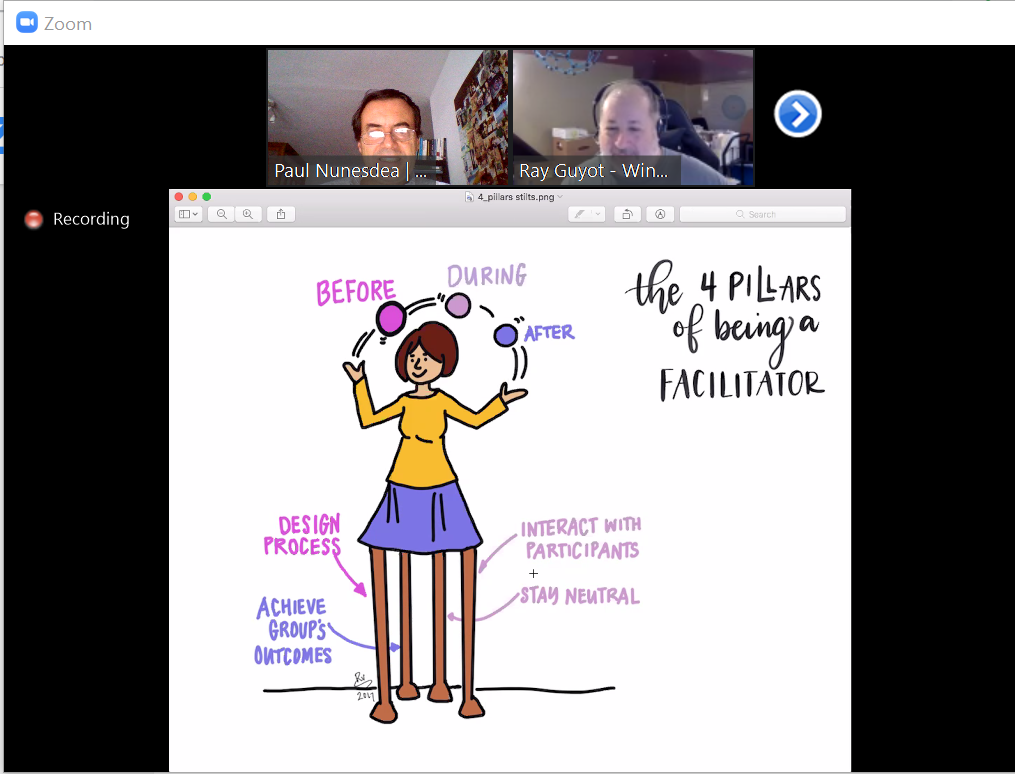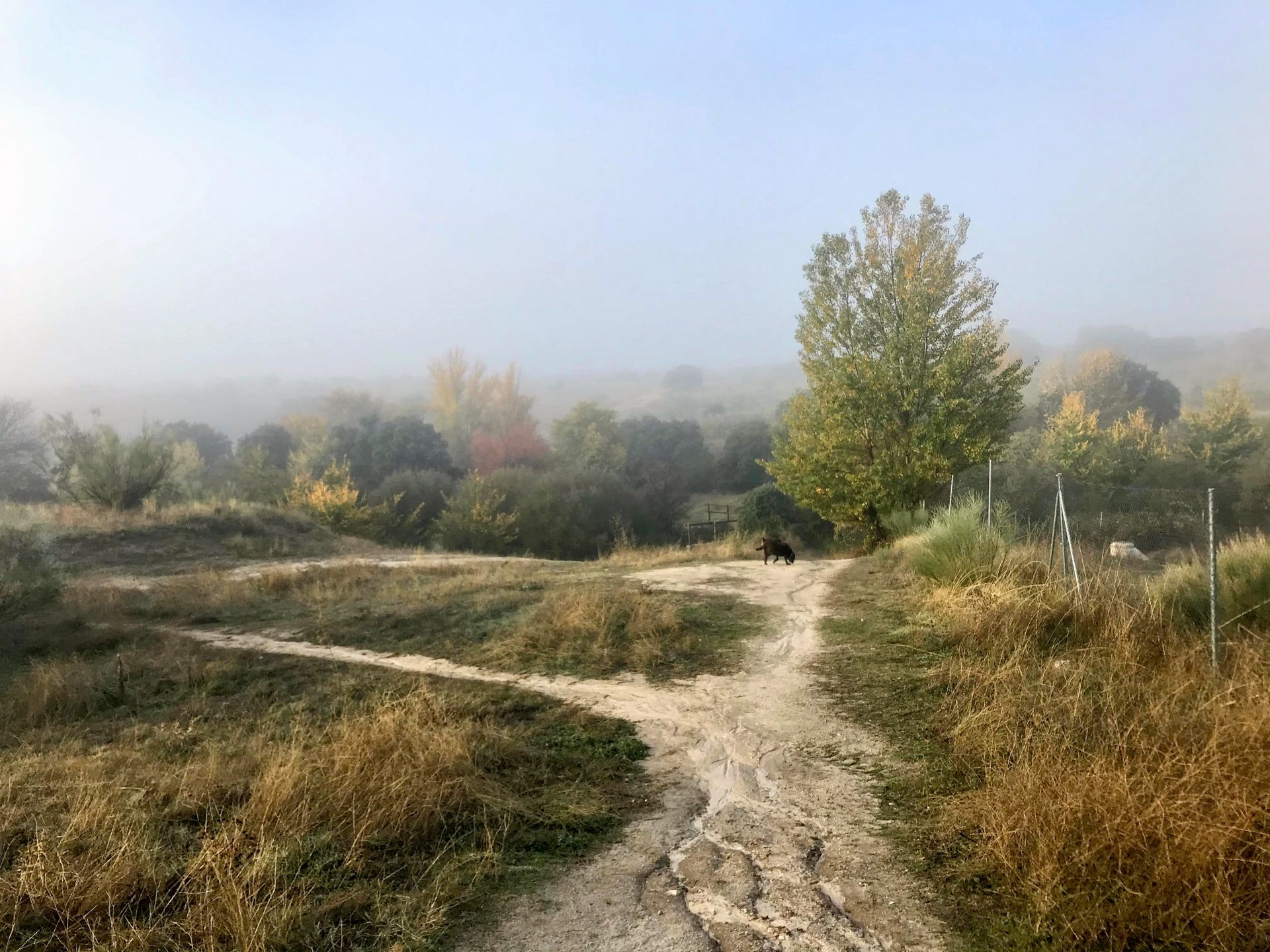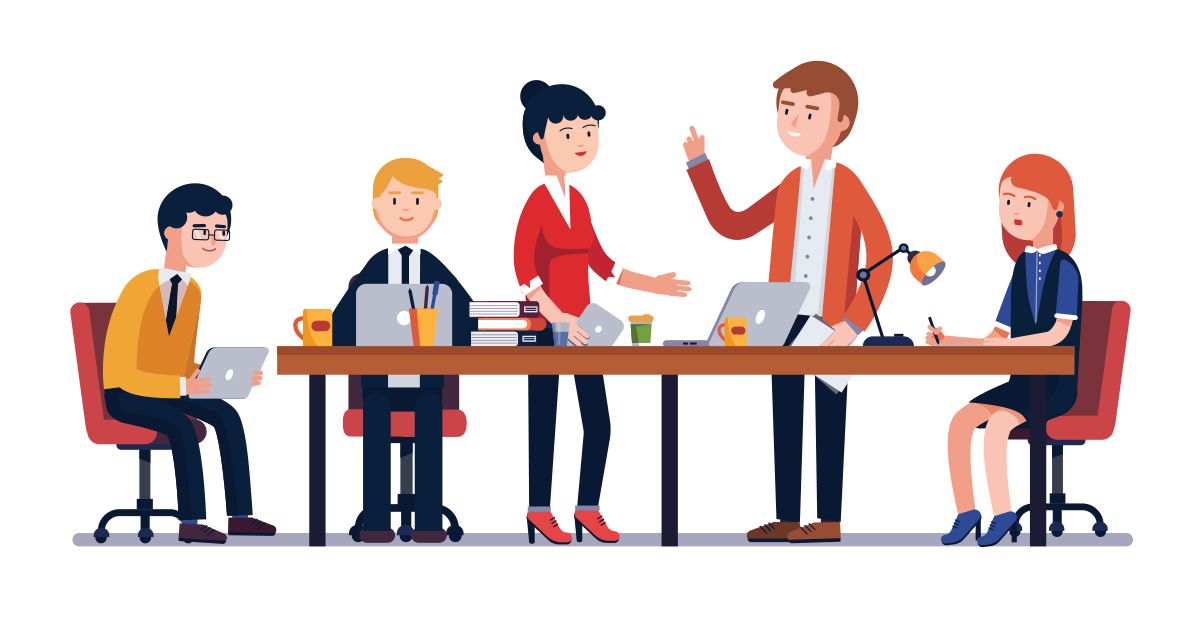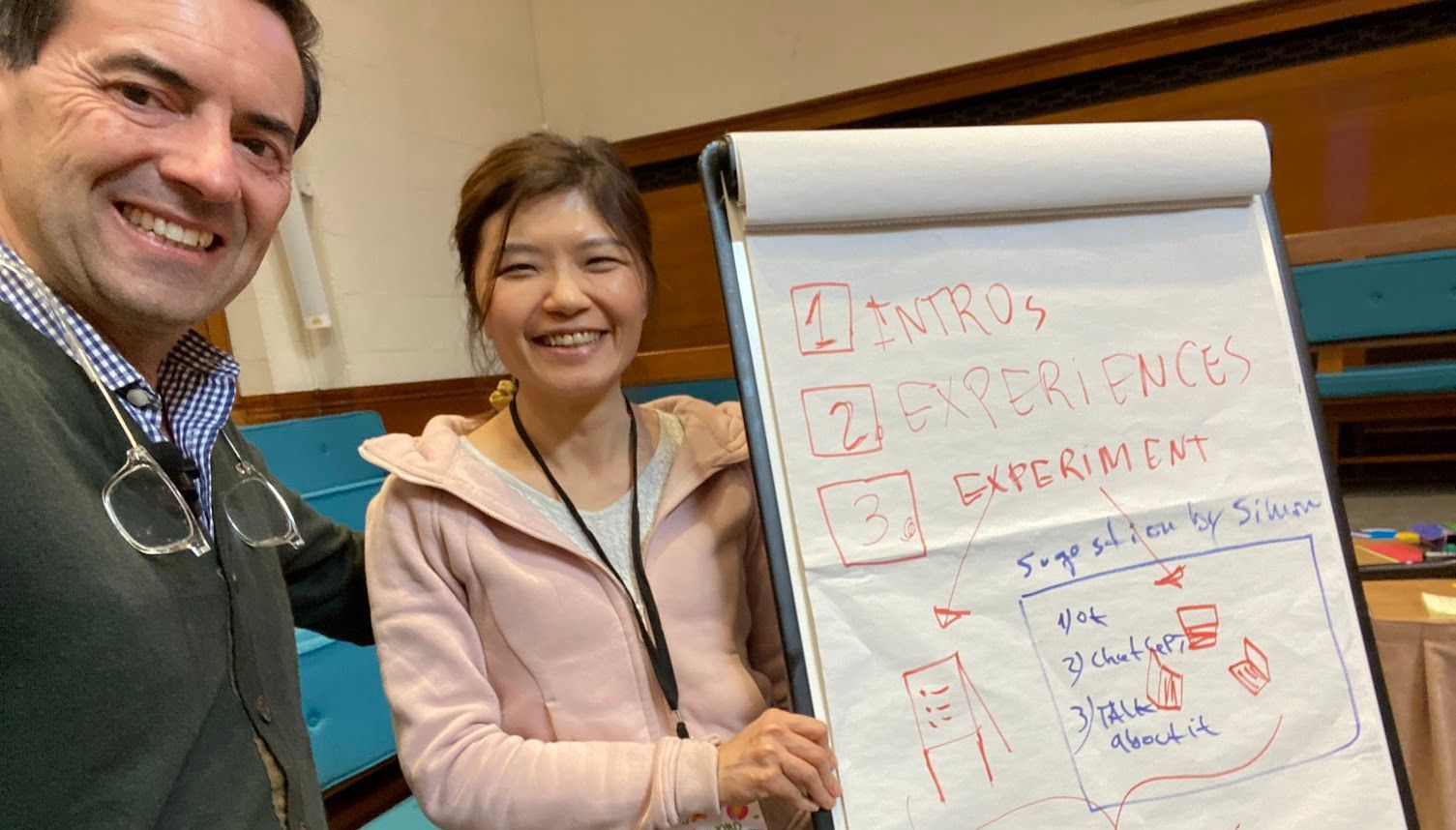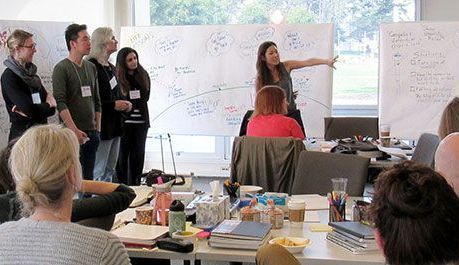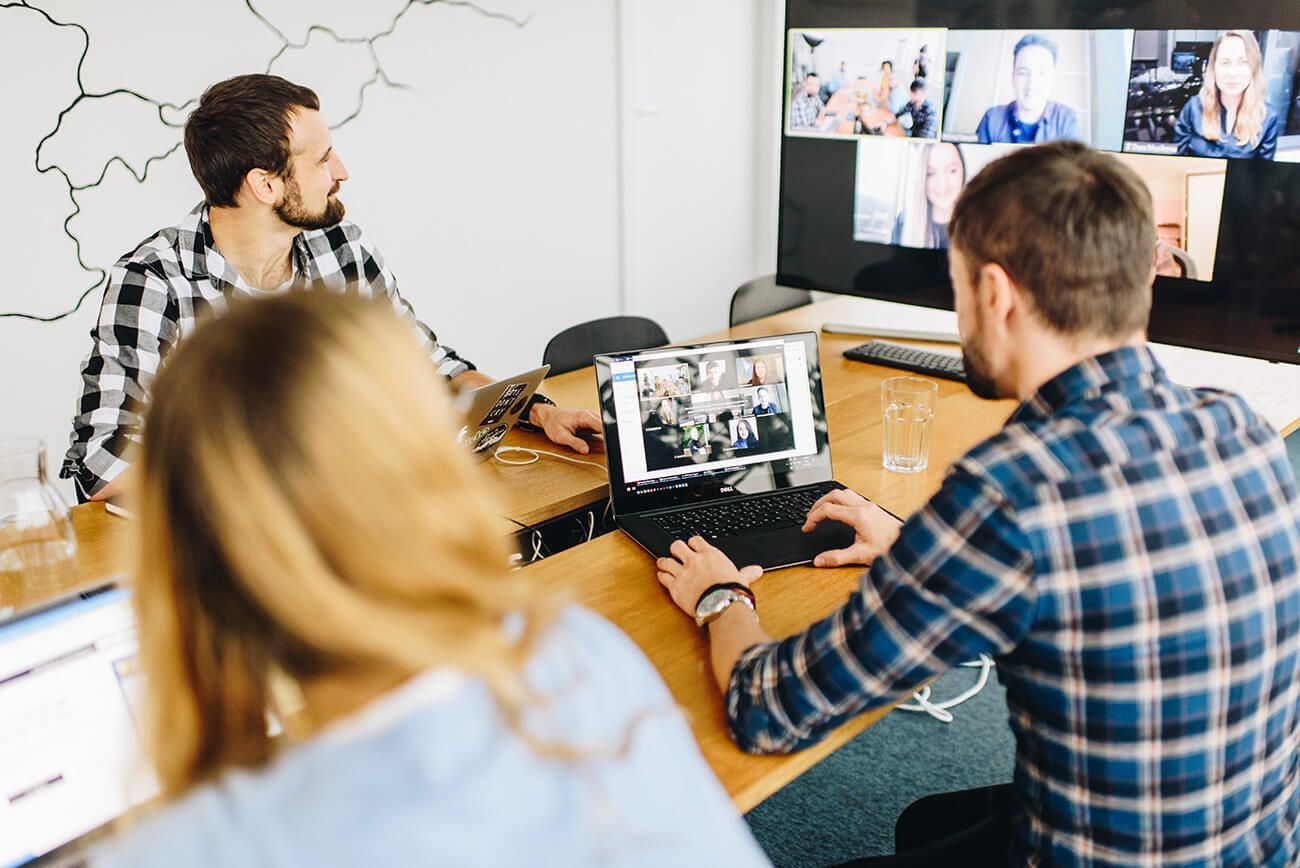My hectic International Facilitation Week
Boy, this was a hectic week for most of us facilitators worldwide. The result of such an extraordinary proliferation of workshops, training sessions and simple gatherings, including a beautiful Sunset MeetUp in Lisbon, was simply amazing.
As most
IAF facilitators
around the world, I was involved in planning and hosting a number of activities and the net result in both professional and personal terms (can these two be separated?) was more than I could ever imagined.
The sessions I have missed and wished to attend
My FacWeek
With a busy schedule last week commuting between Lisbon and Madrid I was pleased to be involved in a number of events that recharged me completely both professionally and personally - can we still separate the two?
On Tuesday, I was invited as an expert contributor to the 12th edition of the renowned Online Facilitation courses hosted by
Aprendix, the session hosts, my colleagues
Carolina Ribeiro de Almeida
and
Fernando Murray were in British Columbia, Canada and 2 other experts and the dozen participants scattered all over Brazil. So funny, to be able to have a productive gathering like this so full of shared learning and insight. Just a few years ago this would be seen as impossible, right?
An interesting session. Participants asked in-depth and challenging questions and I was glad to have shared the bowl with fellow experienced fishes -
Paulo Vieira de Campos
and José Vicente Vieira. I believe we all have passed the bar. Just as this session finished I saw a post on LinkedIn by
Nancy Settle-Murphy
that captured my essential take away from this lively session:
The notion of 'meetings' should be replaced by 'conversations'. The challenge for anyone of us is not to host an online meeting, that's what everyone already is doing whenever starting Zoom, GoToMeeting, Webex or any of the dozens of platforms out there. The challenge for group facilitators is to adapt our art and practice or as you so rightly say Nancy "to help design, plan and facilitate complex conversations" in the cyberspace.
On Thursday, after a busy morning I flew back to Madrid to attended an IAF members' coffee in Madrid with
Patricia Pastoriza before she departed to Barcelona the following day and join our colleagues
Carla Franco,
Aitor Guisasola, with great expectations.
OFU'19 - Online Facilitation Unconference
Even though the OFU'19 started earlier on Monday, Friday was the most expected day for me in that week. Rachel did an outstanding job planning for these two sessions. I was really impressed with all sort of planning documents and a useful cheat sheet that was produced in a breeze. Rachel also managed to involve
Ho Yin Cheung
the founder of
Remo, a social platform than fosters connections in remote teams and Amy Lenzo the founder of
We Dialogue a leading expert in World Café and online hosting to share some advice on how to design these sessions.
This girl rocks, I thought to myself. It's always a pleasure to work with such passionate persons, their inner energy irradiates and nourishes everybody around. Her enthusiasm also convened a decent number of participants, considering that our motives were a bit selfish. The goals of the session included:
- Introduce the first prototype of our Virtual Facilitation Toolbox
- Get feedback from global virtual facilitators on how to make this toolbox more useful, relevant, and accessible
- Host a space where OFU participants can network and share ideas about their favourite tools and resources.
Both these sessions gathered a number of like-minded individuals, all concerned with this brave new world of online facilitation. From newbies to virtual facilitation experts like
Michaela Sieh who works with Amy Lenzo and my dear IAF colleagues
Rosanna von Sacken, Pilar Orti from
Virtual Not Distant
and Jeremy Lu from
GroupMap all joined our sessions.
I was pleased to meet
Tim Bonnemann the community architect that hosts this online unconference with
Lyda Michopoulou. During the opening session on Monday, that started for Tim at midnight local time, he patiently explained all the newcomers what's an
unconference
in the first place, not least how we can also do it virtually. But you have to trust the process and it will work.
After conferencing with Amy Lenzo, Rachel opted not to appoint table hosts (a wise decision) and use David Gurteen's variation of the
World Café, the '
Knowledge Café' but no one seemed to have noticed the difference.
As co-hosts, we were all amazed with the results achieved. Not only we gathered a number of precious feedback about the tool box but we also enlisted a total of 6 new collaborators in different roles. If anyone doubts about the power of online group facilitation then we have produced here strong evidence in favor.
On Friday 6:30 PM after our last session was officially closed, an exhausted Rachel was departing while a few of us lingered in the cosy Remo space, chatting about innovative social interventions and the next OFU'19 session about the
Future of Facilitation
by Ray Guyot and where
Rosana von Sacken
shared this interesting diagram - the 4 pillars of being a facilitator. I wonder where the future of this profession is going to evolve on each and one of them.
Would
IBM Watson or equivalent technology be able to host better meetings than humans? I feel that it would be difficult to outsmart humans in what concerns interaction with participants, but neutrality and process design are two pillars where
AI could be supporting group facilitators in achieving better outcomes. Certainly this is also a great challenge for our Virtual Facilitation Toolbox. In the future, we will need to include advice on AI tools for group facilitation.
Enrico Teotti
made a beautiful graphical recording of this session
here.
On becoming an unexpert
I am grateful to have contributed to this International Facilitation Week #FacWeek in different roles and my involvement resulted from my 'perceived reputation' as an expert in facilitation with digital tools. But when looking back at my +20 years of experience on this still emerging field, I realise that my major expertise is the openness of mind to unlearn whatever I have taken for granted.
My PhD research at
Lancaster University Management School
(FT 29th in the world, 5th in UK) with
Peter Checkland, taught me that 'systems thinking' is not about seeing the world full of systems, rather that we can use systems to inquire about problems in the world. I then co-founded a company specialised in collaboration technologies and hosted countless meetings with digital tools for group decision-making. The second milestone started in 2012 when I was deferred as an
IAF Certified Professional Facilitator
and forced to unlearn about how to host meetings until early this year, when I was awarded my certificate after another 7 years of practice including
Digital Collab where I have experienced with co-hosts
David Gurteen
and
John Hovel
that virtual and face to face collaboration are just two sides of the same coin and when applying proper conversational technology it makes a heck of a difference, more so with the right combination of group support technology (to access the full report
here)
The figure below highlights major unlearnings since my first meeting with digital tools back in 1997 which, by the way, was exclusively face-to-face and participants interacted via a group decision-making software installed on individual laptops, all connected to a local area network.
Digital tools for visual collaboration and group decision-making
Because 'knowledge' about this field is always provisional due to the tremendous pace of change, we need to know when to detach from any tools or platforms and be flexible enough to rapidly adopt the ones that offer evolutionary positive advantages. For this reason, a 'digital facilitation toolkit' like the one Rachel has created is badly needed and if we use the analogy of working in the cyberspace, such a toolkit or tool directory can also be imagined as a 'coffee parlour' in a quiet planet where you can safely land your spacecraft and find information about where to find the right pieces of equipment before entering your next assignment.
If you are interested about digital facilitation and what tools are currently available in a powerful
Airtable
database you can contact Rachel
here. If you want to join a conversation about these tools and share your use cases or post questions, please join our LinkedIn
group.
A historical week
I was quite surprised by my OFU'19
Knowledge Café co-hosts for different reasons.
The fire-starter,
Rachel Malek
was actually applying her professional skills as a facilitator in a virtual meeting for the very first time. I hardly noticed, she was so well prepared and had everything so meticulously planned, I could not believe her when she told me. By the way, she is now the best possible example for anyone that already facilitates meetings and needs to host them online. It's like the
Nike ad
- Just do it.
My other co-host,
Ho Yin Cheung, the creator of
Remo, had never before heard about World Café or the variant we used in these sessions. This is quite historical, because I am sure the virtual Café hosts will love Remo for their assignments and provided certain few adaptations are in place it can become a major market for this great product. Remo was originally conceived to provide a home-base to virtual workers in the cyberspace but it's fast evolving and I won't be surprised if this product has a boost under this new additional scope of use.
Additional resources
Our IAF colleague
Van Lai-DuMone published on June last year an interesting article "
Tools to incorporate technology into facilitation" you may find there some of the tools that are also listed in the Virtual Facilitation Toolbox directory as well as some use case descriptions.
My dear IAF colleague
Anja Ebers
also hosted an interesting session in the OFU - Warm Up Jam Session. I was so sorry to have missed this one but Anja kindly shared the harvesting and video recording of this session is available
here.
About the author
Paul Nunesdea is the English pen name of Paulo Nunes de Abreu, Facilitator, Master of Ceremonies, Author, and Publisher of the book series - Architecting Collaboration, his LinkedIn profile can be reached here, or in Spanish here, or Portuguese here.
Paul is an IAF Certified Facilitator™ who designs and hosts events for clients ranging from large companies to municipalities and regional governments.
His academic background as a PhD researcher combined with +15 years of experience as a former CEO and entrepreneur has sharpened a client-serving mentality eager to co-create win-win solutions. As an NGO founder, he co-founded Digital Health Portugal and hosts the Health Regions Summit, the Health Data Forum among other initiatives.
As both a GroupMap™ and Howspace™ certified facilitator he co-founded the Digital Collaboration Academy with renowned facilitator Peter Seah united by the vision of creating and sustaining a new emerging field -
Digital Facilitation - augmented by the core competencies of the IAF - International Association of Facilitators.








